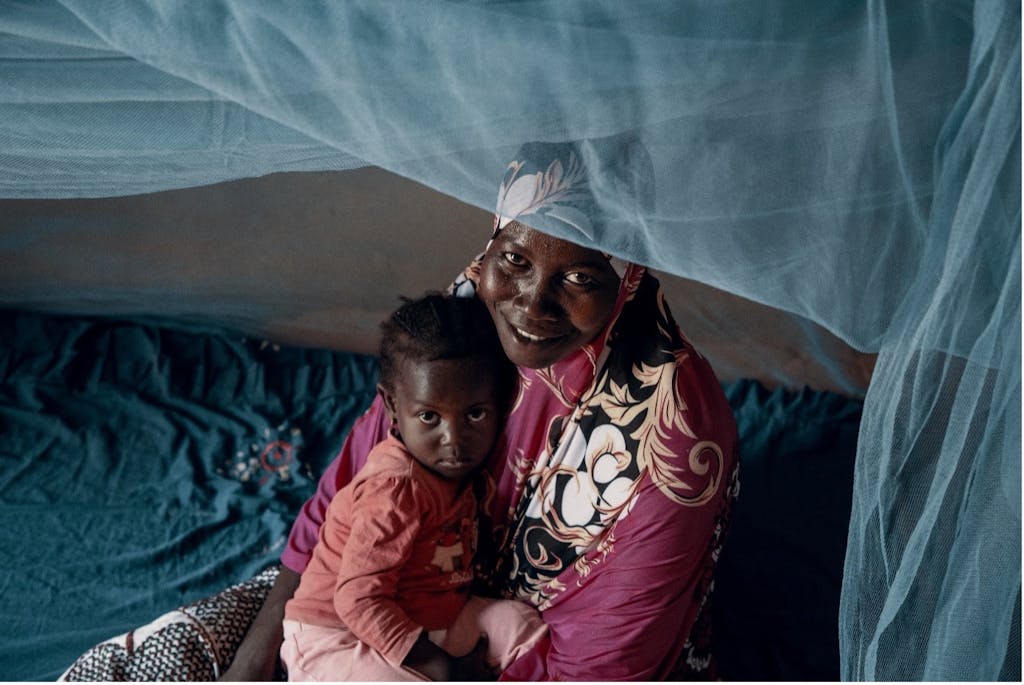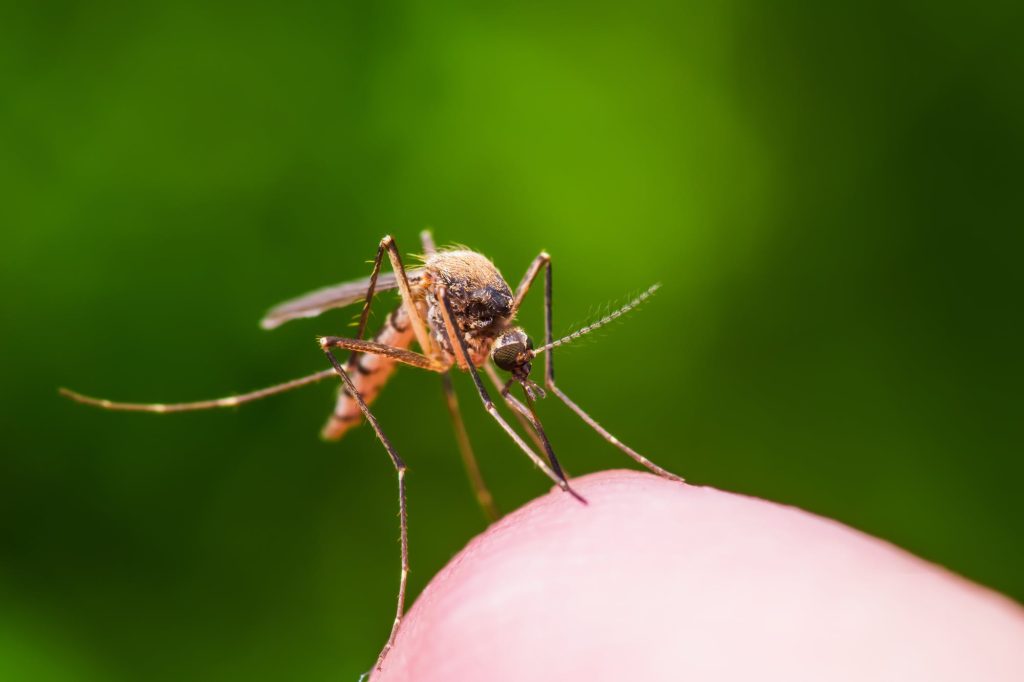World Mosquito Day right now marks the 1897 discovery by Sir Ronald Ross that feminine Anopheles mosquitoes unfold malaria. Since that breakthrough, the world has fought this lethal illness through scientific evaluation and new expertise. whereas astounding progress has been made in direction of the conventional illness, better than 4 hundred,000 people died from malaria in 2019, two-thirds of them youngsters beneath 5, the overwhelming majority in Africa.
current malaria controls resembling spraying pesticides indoors or sleeping beneath prolonged-lasting insecticidal mattress nets work by blocking mosquitoes from biting people and transmitting malaria. Such devices have helped halve malaria in lots of international areas all through sub-Saharan Africa. but this excellent progress is in jeopardy as mosquitoes develop resistance to these pesticides. as a end result of the dangerous mosquito continues to adapt, well being interventions should proceed evolving to defend households from this illness and transfer us nearer to a malaria-free world. Now, there is a promising new system, seemingly ripped from the pages of a science fiction novel, to cease malaria’s unfold: genetically modified mosquitoes.
Swatting Mosquitoes with Science
Genetically modified mosquitoes current a novel system inside the arsenal of antimalarial improvements and have the potential to pace up the worldwide fight to remove malaria. In might 2021, the World well being group (WHO) and fully different companions issued revised steering for evaluation on these particular mosquitoes to fight malaria and fully different vector-borne illnesses.
each gene drive and DNA bar coding utilized sciences alter the genetic composition of mosquitoes so as that native biting feminine mosquitoes — which unfold illnesses resembling dengue, Zika, and yellow fever collectively with malaria — can not breed. Preliminary evaluation means that the utilization of altered mosquitoes might be an economical method to enhance the malaria vaccines that are being piloted and evaluated by WHO in Ghana, Kenya, and Malawi.

goal Malaria, a evaluation consortium focused on reducing malaria morbidity and mortality in 5 African international areas, is exploring the utilization of DNA bar coding expertise to establish a mosquito host from its blood meal. In Ghana, goal Malaria is using bar codes from bugs collected inside the neighborhood to create a DNA bar code library, whereas in Burkina Faso researchers are breeding modified mosquitoes to decrease again their means to host the malaria parasite, thereby reducing malaria circumstances and deaths.
inside the U.S., the Florida Keys Mosquito administration District and Oxitec are piloting a landmark trial with Aedes aegypti mosquitoes. These mosquitoes make up about 4% of the mosquito inhabitants inside the Keys, they usually unfold dengue, Zika, and yellow fever to people. whereas these are frequently not the identical mosquitoes that transmit malaria, the findings from this examine will inform associated evaluation on malaria-transmitting Anopheles mosquitoes.
This initiative, which was accepted by the U.S. Environmental safety agency, entails placing and releasing containers of 12,000 Oxitec nonbiting male mosquitoes. The bugs emerge from the containers every week for roughly 12 weeks to mate with native biting feminine mosquitoes. consequently of altered genes of the nonbiting male mosquitoes, feminine offspring isn’t going to survive. this will decrease the native inhabitants in a safe, sustainable, and environmentally nice method. comparable tasks inside the Brazilian metropolis of Indaiatuba found that Oxitec’s mosquitoes suppressed illness-carrying Aedes aegypti by as a lot as ninety five% in metropolis areas after thirteen weeks of remedy.
making sure Equitable entry to Antimalaria devices
As we look to the subsequent decade of the fight in direction of malaria, modern options and subsequent-period devices current promise to hurry up the elimination of malaria. nonetheless it is going to name for scaled-up, prioritized funding and assist. Malaria-endemic international areas will ought to have entry to new approaches to combating illnesses, whether or not it’s genetically modified mosquitoes, new pesticides for mattress nets, or indoor spraying. As now we have witnessed from the tragic, inequitable distribution of the COVID-19 vaccines, any new system, drug, or vaccine to fight malaria will probably be efficient solely when it is accessible to all of the people who want it. now might be the time to strengthen political and monetary commitments to guarantee these improvements attain the marginalized populations who want them most.
attribute picture: Canva

